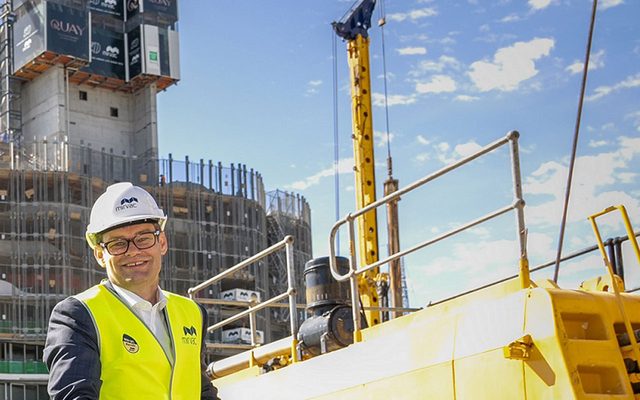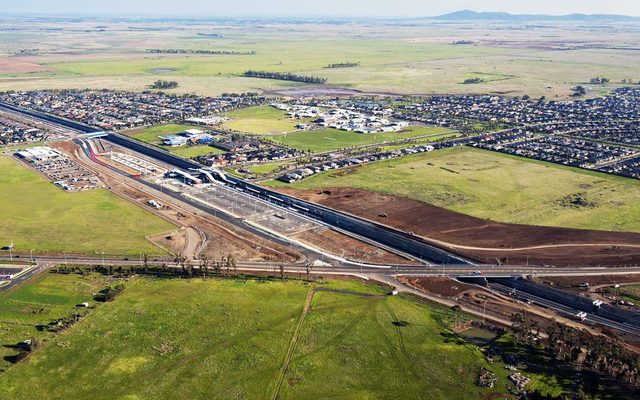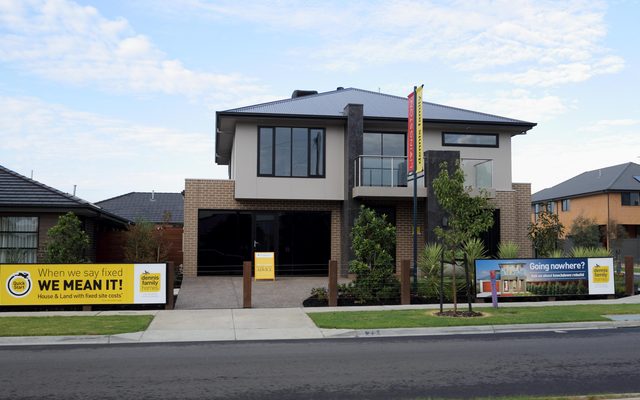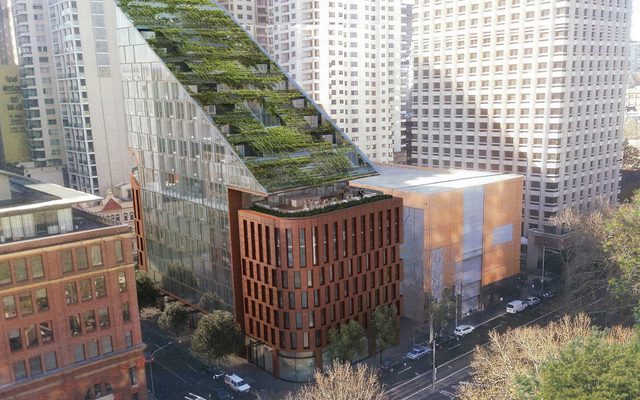This article is from the Australian Property Journal archive
AUSTRALIAN Unity is the latest investor to offload a retail property in Perth, in a sign that perhaps the stalemate between sellers and buyers is shifting.
The Australian Unity Diversified Property Fund has sold the Woodvale Boulevard shopping centre to a local syndicator for $36.5 million after putting the property on the market earlier this year.
JLL’s Nick Willis, Sam Hatcher, Nigel Freshwater and Sean Flynn handled the sale, and Willis said the centre was the first opportunity in 12 years to acquire the dominate neighbourhood centre in the affluent northern Perth corridor.
“The highly publicised on-market campaign received significant interest with over 180 enquiries resulting in 8 formal offers,” said Willis.
Located 19 km north of the Perth CBD, the centre is anchored by a strong performing Woolworths supermarket and supported by a diverse mix of 25 daily needs specialty retailers, set on a 27,200 sqm land holding. It is within an affluent residential catchment, with average household income sitting at $121,446, 6.2% above the Western Australian Average.
This is the sixth neighbourhood centre to trade in Western Australian in 12 months, and the third retail transaction in recent months, following Westbridge Funds Management’s divestment of Midland Central for $19.3 million to a private investor earlier this week, and ARISE Developments’ Brabham sale for $31.42 million.
But the market is waiting with bated breath at Singaporean sovereign wealth fund GIC’s half-interest offering in sub-regional shopping centre Westfield Whitford City, which is tipped to fetch over $250 million.
It comes as latest data shows more than 400,000 sqm of retail space was placed on the market but transactions in the three months to August are down 62.5%.
Meanwhile Hatcher believes the retail market is heating up.
“Western Australian’s retail investment market has shown resilience despite wider macro-economic volatility affecting other markets. Transaction numbers in the first half of the year were nearly double the 5-year historical average reflective of investor interest into the state. Historically Western Australian neighbourhood centre yields have traded at a 75-bps spread to its East Coast counterparts.
“The Western Australian economy has gone from strength to strength through the pandemic and post. Strong economic fundamentals have resulted in a robust labour market, strong state final demand and positive retail spending growth,” he added.
Willis said with the cost of capital significantly rising in recent months, investors return hurdles have been impacted resulting in an increase in demand for higher yielding assets. Given the historical yield spread, Western Australia has directly benefitted from this as investors are able to acquire high quality assets at more suitable yields.




